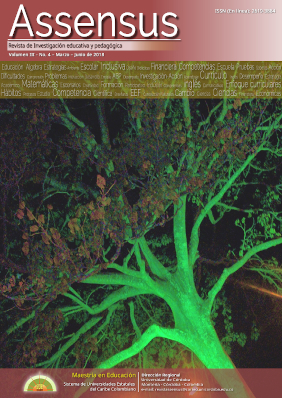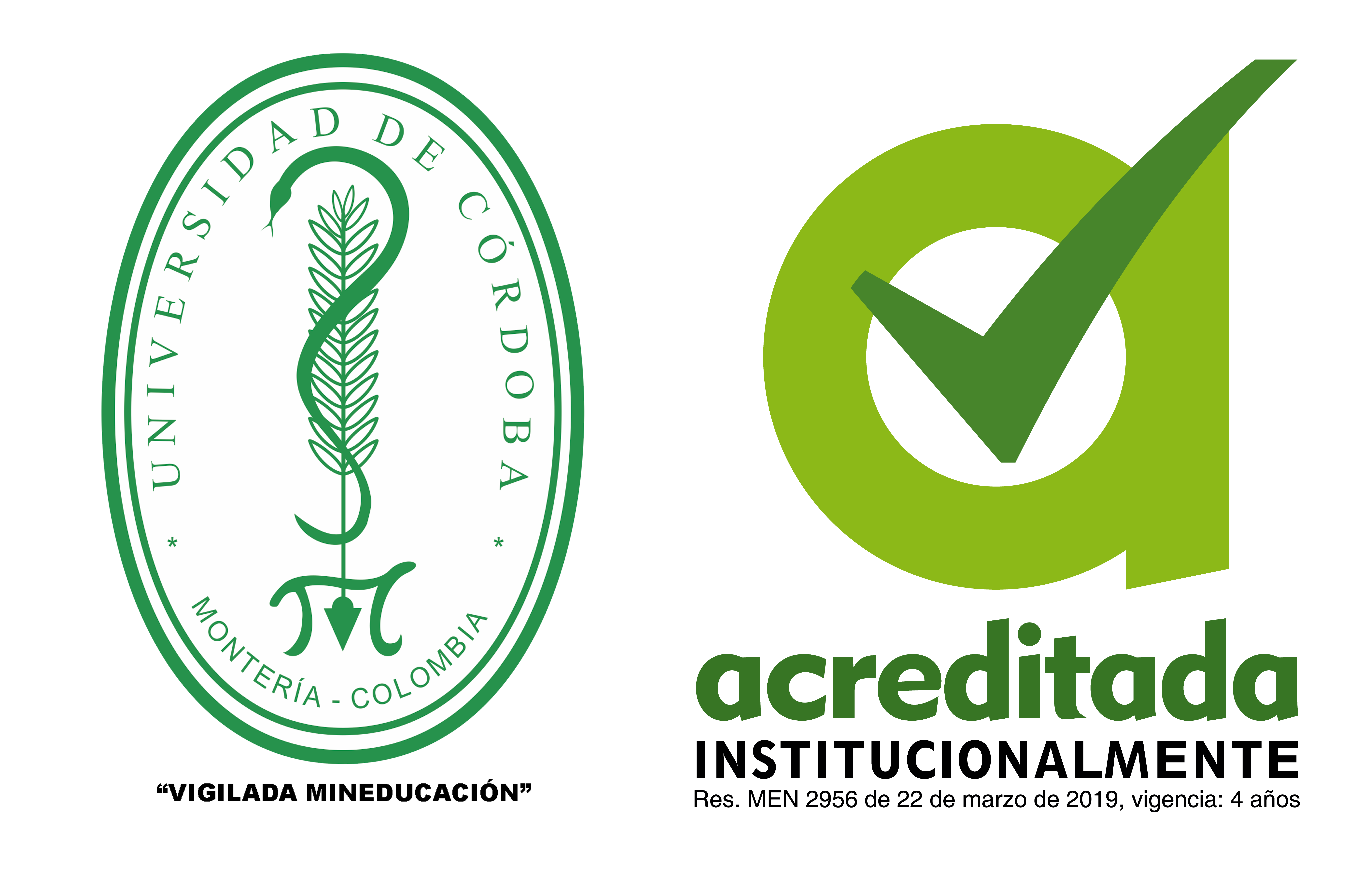Didactic innovation framed in Problem-Based Learning (PBL) for the teaching of Biology
Innovación didáctica enmarcada en el aprendizaje basado en problemas (ABP) para la enseñanza de la Biología
The Assensus journal has a Creative Commons license. The citation, use and partial or total reproduction of the contents is authorized by citing sources. For more information, see https://creativecommons.org/licenses/by-sa/4.0/deed.en
Show authors biography
The theoretical-conceptual and methodological components in this article, come mainly from an experience of three years of work with the PBL methodology that was part of a research oriented from the Master's in education SUE Caribbean of the University of Córdoba, with the purpose of determining the influence of the PBL methodology in the development of the scientific competence of ninth grade students in the area of Natural Sciences / Biology. The study is framed within the quasi-experimental design of chronological series with 4 evaluations (one pre and three post) with two intact groups: one experimental group (used the PBL methodology) and one control group (did not use the PBL), each one conformed by 30 students. The measuring instruments were questionnaires questions with multiple-choice only response. For the analysis of the result, ANOVA intra and inter-group was performed. The results obtained throughout the research process could establish that the implementation of the PBL approach allowed the appropriation of theories, contents and knowledge with which the student faced problems situations in which he required to investigate, explain and apply comprehensively. and responsibly the acquired knowledge, substantially improving the scientific competence in the students of the experimental group compared to the results of the control group.
Article visits 1328 | PDF visits
Downloads
- Ausubel, D. (1983). Teoría del aprendizaje significativo. Fascículos de CEIF, 1, 1-10.
- Bruner, J. (1961). Aprendizaje por descubrimiento. NYE U: Iberia.
- Cabot, E. A. (2012). Una alternativa didáctica para el perfeccionamiento del proceso de enseñanza-aprendizaje de las ciencias. Revista Iberoamericana de Educación, Número 58, 81-97.
- Gil, D. y Col. (2005). ¿Cómo promover el interés por la cultura científica? Una propuesta didáctica fundamentada para la educación científica de jóvenes de 15 a 18 años. Santiago de Chile: OREALC – UNESCO
- González, A. M. (2016). Intervención de Aprendizaje Basado en Problemas (ABP) en la Asignatura Biología Celular de una Universidad del Sur de Chile. Universidad del Sur de Chile.
- Hernández Sampieri, R., Fernández Collado, C., & Baptista Lucio, P. (2014). Metodología de la investigación. Sexta Edición. México: Editorial Mc Graw Hill.
- Lakatos, I. (1983). La metodología de los Programas de Investigación Científica. Madrid: Cambridge University Press.
- Leymonié, J. (2009). Aportes para la enseñanza de las Ciencias Naturales. Segundo Estudio Regional Comparativo y Explicativo. Organización de las Naciones Unidas para la Educación la Ciencia y la Cultura. Oficina Regional de Educación para América Latina y el Caribe. Santiago, Chile
- Lopera Echavarría, J. D., Ramírez Gómez. (2010). El método analítico como método natural. Nómadas, (25).
- Matthews, M.R. (1991). “Un lugar para la Historia y la Filosofía en la enseñanza de las Ciencias”. En Comunicación, Lenguaje y Educación, 11-12, 141-155.
- Moreira, M. A. (2012). ¿Al final, qué es aprendizaje significativo? Qurriculum: revista de teoría, investigación y práctica educativa. La Laguna, Espanha, No. 25 (marzo 2012), p. 29-56.
- Ortega A. S. (2017). Aprendizaje basado en problemas como estrategia para el desarrollo de la competencia económica y financiera desde la enseñanza del álgebra en grado octavo. Universidad de Córdoba, Colombia.
- Pantoja C. J. et al. (2013). La enseñanza de la biología en el bachillerato a partir del aprendizaje basado en problemas (ABP). Perfiles educativos vol.35 no.139 México, 35(139), 93-109.
- Toulmin, S. (1972). Rationality and scientific Discovery. In PSA: Proceedings of the Biennial Meeting of the Philosophy of Science Association. D. Reidel Publishing.
- UNESCO. (2013). Situación Educativa de América Latina y el Caribe: Hacia la educación de calidad para todos al 2015. Santiago de Chile: OREALC/UNESCO Santiago
- Villalobos D. V. et al. (2016). Aprendizaje basado en problemas en química y el pensamiento crítico en secundaria. Revista mexicana de investigación educativa, 21(69), 557-581.
- Vizcarro, C., & Juárez, E. (2008). La metodología del Aprendizaje Basado en Problemas. Madrid: Universidad de Murcia.



